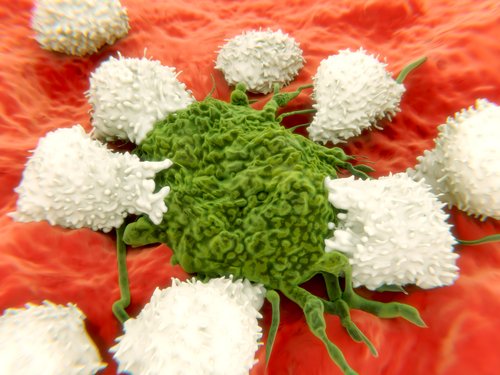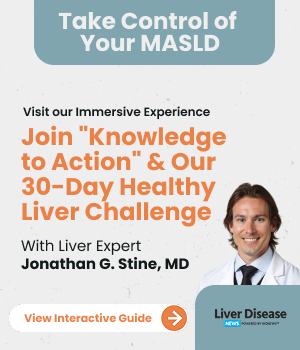Phase 1 trial of CAR T-cell therapy for liver cancer announced

Eureka Therapeutics and City of Hope will jointly conduct a Phase 1 clinical trial of assessing Eureka’s investigational CAR T-cell therapy ET1402 for hepatocellular carcinoma (HCC), the most common type of liver cancer.
“The clinical trial agreement represents an important milestone for Eureka, as it provides a pathway for treating patients with liver cancer, and it supports our business objectives to develop ET1402L1-CAR in areas of significant unmet medical need,” Dr. Cheng Liu, Eureka’s president and CEO, said in a press release.
This is an open-label, dose-escalating Phase 1 clinical trial of ET1402L1-CAR — a potential CAR T-cell therapy to treat HCC, the fifth most prevalent and third most lethal cancer in the world, and with limited therapy alternatives.
ET1402L1 is a human antibody, identified from Eureka’s proprietary E-ALPHA phage library, which selectively targets liver cancer cells overexpressing alpha-fetoprotein (AFP), a glycoprotein produced in early fetal life by the liver and by a variety of tumors such as hepatocellular carcinoma. This protein exists in about 70 percent of HCC patients. However, AFP is expressed intracellularly and then secreted; that means conventional antibody-based therapies cannot target it.
Eureka, based in Emeryville, California, conceived its proprietary E-ALPHA phage display platform to produce high-affinity human antibodies against conventional and intracellular cancer antigens. This enables the targeting of previously intracellular antigens that are not normally accessible.
This Phase 1 clinical trial of ET1402L1-CAR relies on data from the study, “Targeting alpha-fetoprotein (AFP)-MHC complex with CAR T cell therapy for liver cancer,” which appeared in the journal Clinical Cancer Research. The study showed that ET1402L1-CAR T-cells can identify the AFP-MHC complex and start a strong anti-tumor response.
Intracellular antigens, which comprise most tumor-specific antigens, are inaccessible by usual CAR-T therapy. However, antigens like AFP are processed into peptides and presented by the class I MHC on the surface of tumor cells. In liquid tumors, CAR-T therapy has been highly successful. However against other difficult-to-treat cancers, such as lung and prostate cancer, success has been limited due to the lack of cancer-specific cell surface antigens. For this reason, the study could lead to potential therapies against this type of tumor.
“We are pleased to be working with Eureka Therapeutics on this unique approach to treating liver cancer with CAR-T therapy,” said Dr. Yuman Fong, principal investigator and chair of the surgery department at City of Hope in Los Angeles. and professor of the Department of Surgery at City of Hope.
Added Dr. Stephen J. Forman, director of the institution’s T Cell Immunotherapy Research Laboratory: “City of Hope has accepted the challenge to bring leading-edge treatments to patients with liver cancer. We are optimistic that CAR-T therapy can be an important component in treating patients with solid tumors, including liver cancer.”







